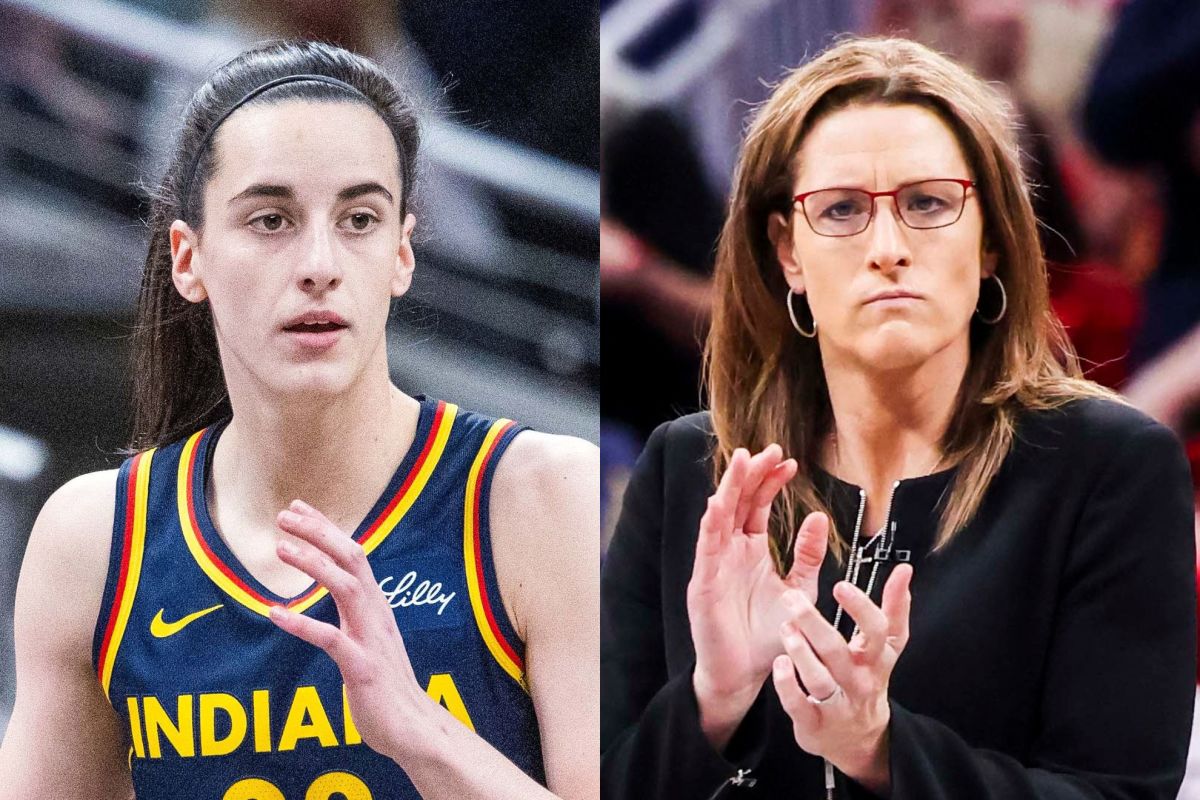T.J. Quinn

T.J. Quinn
ESPN Senior Writer
- T.J. Quinn joined ESPN in November 2007 as an investigative reporter for ESPN's Enterprise Unit, which is charged with developing long-form, investigative features to be presented across multiple platforms.
Maria Lawson
- Maria Lawson is a reporter in the ESPN investigative and enterprise unit. She is an ESPN-American University investigative fellow from Frisco, Texas.
Jun 17, 2025, 06:42 PM ET
WASHINGTON -- A panel of U.S. officials and experts urged a Senate subcommittee Tuesday to keep pressure on the World Anti-Doping Agency, saying the organization needs to make significant reforms to show it is not compromised by Chinese influence and money.
"WADA has failed to provide answers. All they have provided is threats, stonewalling and intimidation," said subcommittee chairman Marsha Blackburn (R-TN). "My colleagues and I will not be silenced or intimidated."
The clash between U.S. officials as the world's top anti-doping authority started last year when media reports revealed that 23 Chinese swimmers went unpunished after testing positive in 2021 for a banned substance. WADA accepted Chinese athletic authorities' explanation that the swimmers had eaten tainted food, and the WADA did not report the incident publicly or to its own executive board. U.S. and some other western anti-doping officials called WADA's defense "absurd," a word that WADA has used when defending allegations that its decision was corrupt or incorrect.
WADA officials declined an invitation to appear at the hearing; a committee source told ESPN that WADA's response was "a verbal, 'we're not engaging anymore.'" But in a blistering, lengthy response to ESPN, a WADA spokesman said the organization considered the hearing to be a distraction orchestrated by Travis Tygart, the CEO of the WADA's U.S. affiliate, the U.S. Anti-Doping Agency.
"WADA will not be distracted by today's senate hearing, which is another political effort led by Travis Tygart... to leverage the senate and the media in a desperate effort to relitigate the Chinese swimming cases and misinform athletes and other stakeholders," the statement read.
Tygart appeared before the committee Tuesday along with former ONDCP director Rahul Gupta, U.S. Olympic swimmer Katie McLaughlin, and Dionne Koller, a professor and the director of the Center for Sport and Law at the University of Baltimore School of Law.
"This China scandal is happening on the heels of the Russia state-sponsored doping scheme; it is no wonder why the world's athletes are incensed again," Tygart said in prepared testimony. "How does WADA respond? Instead of acknowledging and fixing its failures, WADA has dug in to protect the Chinese and its backroom, secret decision-making process. If WADA had any legitimate answers, they would be here. This is the third time since this scandal arose that WADA has refused to testify before Congress."
The hearing was in support of the "Restoring Confidence in the World Anti-Doping Agency Act," a bipartisan, bicameral bill that allows the White House to withhold funding from WADA if the top global anti-doping authority doesn't agree to a series of reforms. Blackburn is a co-sponsor of the bill.
The Biden Administration withheld the annual U.S. dues payment of $3.6 million for the first time last year, but the bill gives the White House's Office of National Drug Control Policy greater authority in the future.
Only a few subcommittee members attended on what was a busy day in the Senate, but that was also a reflection of the unanimity behind the legislation. The panel was uniformly critical of WADA, as are members of Congress who have addressed the issue. The White House has not yet weighed in, but no one expects President Trump to object to a bill that would allow the White House to restrict funding from an international agency.
There is no obvious resolution to the standoff in sight, with U.S. officials saying they won't restore funding until WADA agrees to reforms, and WADA saying it sees no need for reform. Some Congressional members have said they would like to see the United States reach out to European counterparts to push for the creation of an alternative organization to WADA. Blackburn told ESPN Tuesday that the White House would be the appropriate leader in such an effort, and she plans to speak to Trump Administration officials about the legislation formally later this summer, after testimony is complete and the committee has marked up the bill.
"I think that's the time that they can begin to weigh in," she said.
McLaughlin, who won a silver medal in the 2021 Tokyo Olympics in a relay won by the Chinese, said she was stricken when USADA officials told her that some of the swimmers she had competed against had been accused of doping.
"I was taken aback and heartbroken and I think I spent a lot of my career trusting in the powers that be, and it was really sad to find out that (WADA) is not someone who could be trusted," she said.
In its statement, WADA again defended its handling of the Chinese swimming cases, saying the issue of contamination is "real and growing" and needs to be addressed. WADA officials say if they had appealed the swimming cases to the Court of Arbitration for Sport, the ultimate authority in the anti-doping world, it would have lost.
"To suggest without evidence that these athletes from China have cheated is factually wrong and deeply unfair," the statement said.
"The political hearing was intended by USADA simply to undermine confidence in the global anti-doping system, sow division within the anti-doping community, and distract from its own failures to address serious deficiencies with anti-doping in the U.S."
ESPN's Michael Rothstein contributed to this report.
.png)
 German (DE)
German (DE)  English (US)
English (US)  Spanish (ES)
Spanish (ES)  French (FR)
French (FR)  Hindi (IN)
Hindi (IN)  Italian (IT)
Italian (IT)  Russian (RU)
Russian (RU)  4 hours ago
1
4 hours ago
1









Comments